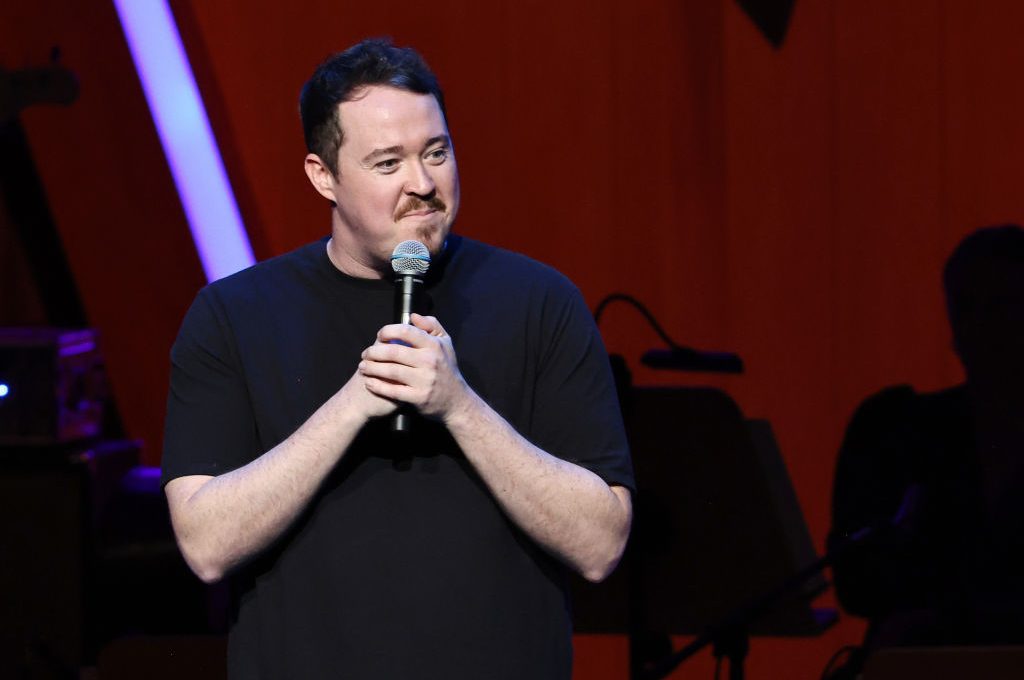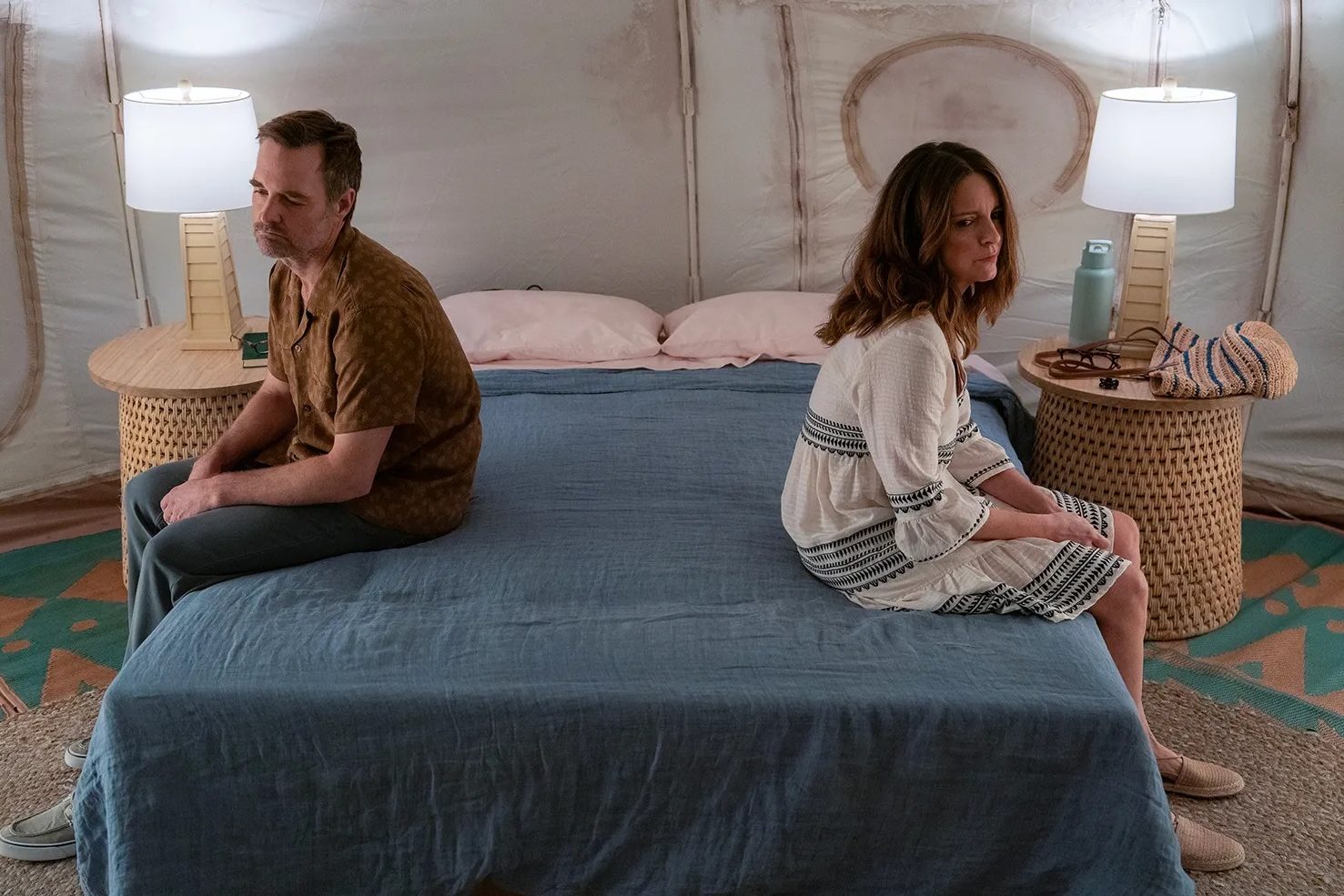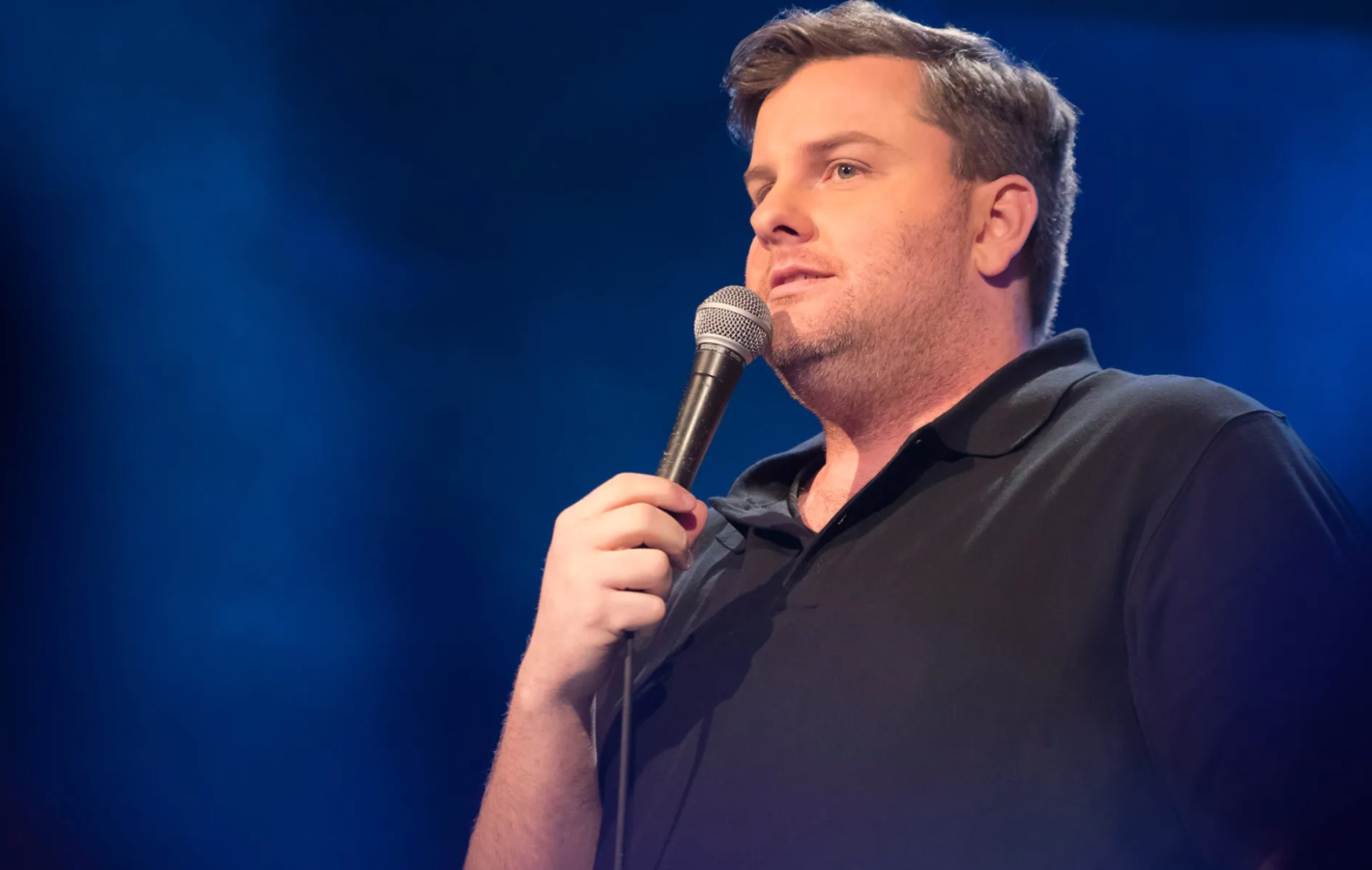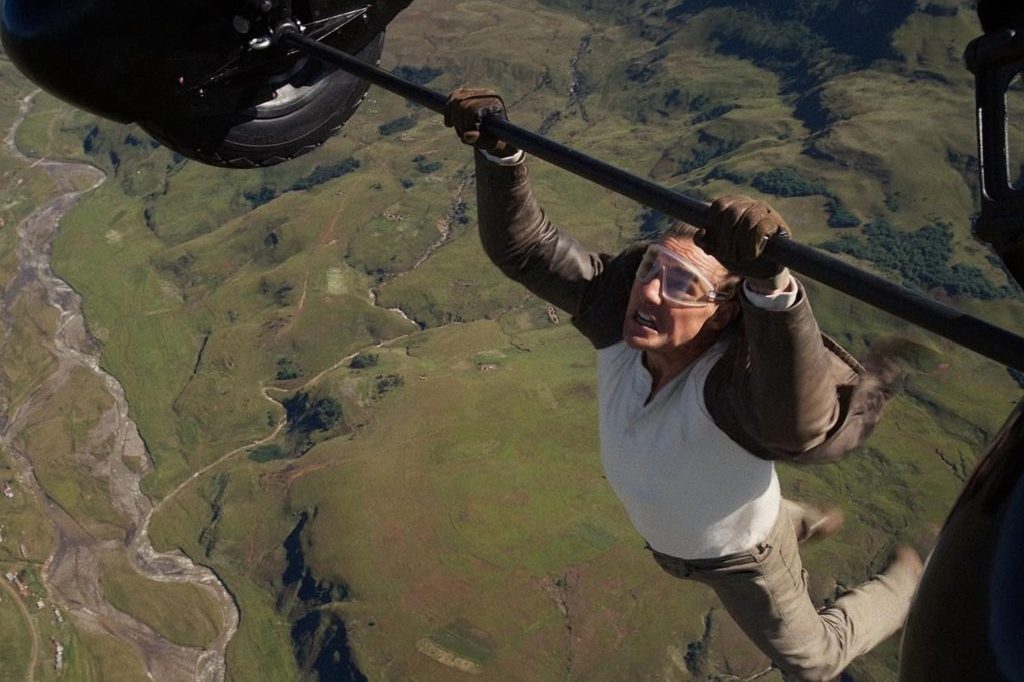The news that comedian Shane Gillis is walking back into 30 Rock to host Saturday Night Live this month isn’t just a great moment for comedy or a testament to how much America loves a comeback story. It’s also a definitive moment in the history of cancel culture — a live representation on national television of how much the media’s power to achieve personal destruction has diminished.
Gillis was by no means a famous comedian when he was chosen for the SNL cast five years ago, but the media (aided by some jealous comics) did successfully make him infamous within the space of a week. The story is familiar to everyone by now, but rather than hang his head and walk away from comedy, Gillis battled back by being really, really outrageously funny. He filmed two seasons of a sketch show, Gilly and Keeves, dropped two stand-up specials — a virally popular set on YouTube from Austin and more recently a hugely popular Netflix special — and went on what seems like every podcast known to man while producing the number-one show on Patreon.
When Gillis was initially introduced, the media treated him like some dumb hick designed to appeal to red America in the Donald Trump era. Instead, he proved his comedy has broader appeal — and the false allegations that his hot-button humor was endorsing racism as opposed to mocking the stupidity of it was obvious to fans.
If you want to judge how ineffective the cancelers are, witness the collective shrugs greeting TMZ’s “resurfaced” clips from podcasts whose listenership dwarfs TMZ’s.
The obvious comparison for Gillis’s experience will be Norm Macdonald’s return as a host after his unconscionable firing for telling too many jokes at O.J. Simpson’s expense. But if Macdonald’s sin was to offend one very powerful NBC executive, Gillis’s return is about the ability of comedians to offend and move on — and as such, is actually a bigger cultural development, a marker of how much people are tired of silencing funny and talented people over the worst interpretation of something they said.
The cancel culture trendline was already in reverse in many ways, with more people attuned to its many varied forms and failings. As I’ve previously noted, the over-broad application of the term “cancel culture,” along the lines of “woke” and the alphabet soup of CRT, DEI and SEL, has led to a reduction in its usefulness as a term:
Cancel culture is really not what many people claim it is. It ought to be properly understood as unfairly canceling normal people from their jobs for saying things that are at worst an apology level offense — such as a bad joke, a sexist comment, a racial epithet or something similar.
The point is that for most of the history of American life, you could apologize for these things and move on. Consider the OG cancel culture story of the internet age, Justine Sacco. It’s the equivalent of: “I’m sorry Karen overheard me quoting that Jimmy Carr joke, I won’t tell it again.” Instead, you lose everything.
There is just one wrinkle. In summarizing his status as “Who’s Back of the Week,” Barstool Sports’s Dan Katz noted that Gillis does have to navigate around the uncomfortable fact of promising in 2019 that if he ever got to host the show, he’d pull a Budd Dwyer in his monologue.
But that’d deny us all the running awkwardness of the hour to follow, and surely he can’t do that to all of us desperate for SNL to be funny again, even just once. If we truly are in a post-cancellation era, maybe there can be hope for more laughs from them, too.


























Leave a Reply